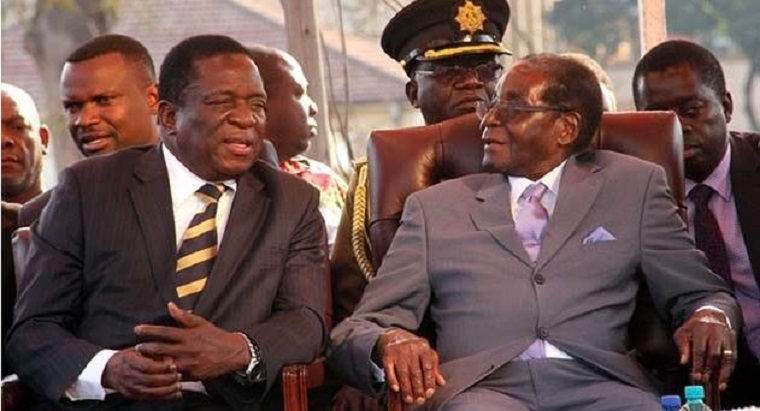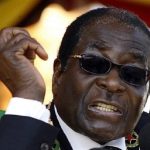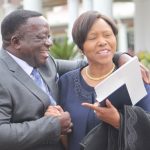A key feature of Mugabe’s rule was the conflation of party with government, and with state. This has meant outrages such as the selective application of the law and the abuse of food aid meant for the poor.
Zimbabwe needs to adopt the principle common in advanced democracies that a president governs for his people, not just for his party.
In particular, Mnangagwa has promised “zero tolerance” of corruption – but as long as some of his closest allies and top civil servants are shielded from investigation and prosecution, he will be considered no different to Mugabe.
The language of hate was a hallmark of Mugabe’s regime, along with crude propaganda. Particularly when Zimbabweans are suffering, as they have been from austerity measures, the President needs to find words of empathy and inclusiveness.
The one area in which Mnangagwa has shown a marked departure from his predecessor (and in which I was recently an external consultant on investment law) policy and promotion, is in his outward-looking foreign policy.
He has shown a willingness to open up Zimbabwe to all investors and to re-engage with even those nations with which Zimbabwe had disputes, both over land and over human rights.
Yet without addressing corruption, human rights abuses – both past and continuing – and without engaging with compassion the millions of Zimbabweans who feel both disenfranchised and disenchanted, Mnangagwa will not succeed.
The President recently launched Vision 2030, an economic programme that aims to see Zimbabwe become an “upper-middle income economy” by 2030.
Significantly, this programme will end after his own term in office, even if he runs again in 2023. If he is to succeed where Mugabe failed, Mnangagwa needs a vision that goes well beyond 2030.
The choice before him is clear: he can be Zimbabwe’s second Mugabe, with the same attitudes and policies, leading his country further down the path to isolation, internal division and economic misery.
Or he can be the President who heals Zimbabwe, and puts it back on the path to prosperity and anchors it in real democracy, who guarantees the rights and freedoms of those who disagree with him, and who wins the grudging respect of even his bitterest opponents.
As Mnangagwa buries Mugabe, he needs to look beyond the short-term temptations of power and instead focus on how history will remember him.
By Petina Gappah for The Guardian
(105 VIEWS)


